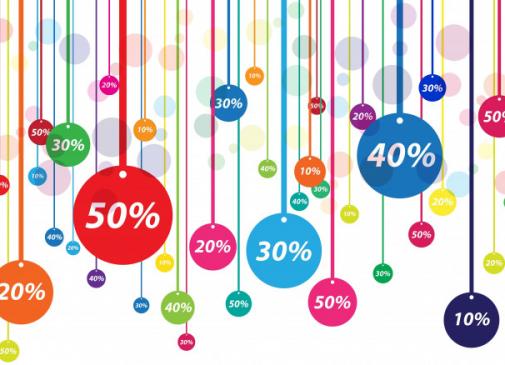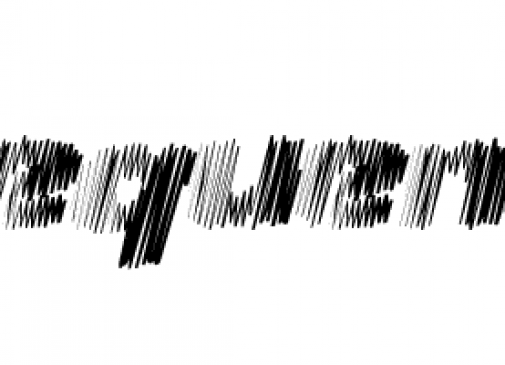Enhanced, next-generation barcodes, RFID tags are used in multiple industries. Producers and retailers like them because they help them reduce costs by automating inventories. Yet this undoubtedly useful technology has raised some concerns related to individual privacy and corporate espionage. Luckily, retailers can debunk RFID myths and protect their consumers' personal data by using a GS1 Privacy Impact Assessment Tool -PIA.
Enhanced, next-generation barcodes, RFID tags are used in multiple industries. Producers and retailers like them because they help them reduce costs by automating inventories. Yet this undoubtedly useful technology has raised some concerns related to individual privacy and corporate espionage. Luckily, retailers can debunk RFID myths and protect their consumers' personal data by using a GS1 Privacy Impact Assessment Tool -PIA.
RFID tags have become an integral part of our reality. They can be placed in virtually everything, from vehicle key-and-lock anti-theft systems to clothing items. Most of industries fell in love with them, among them transportation, logistics, fashion, automobiles, and pharmaceuticals. RFID has also been a popular solution in supply chain management, retail check-out and inventory control. As appealing as it may be to all businesses that need to track and monitor products or people, RFID has also provoked some controversy. It all boils down to privacy issues. Some consumers do not feel entirely safe, knowing that a skirt or a hat they are wearing may have minuscule RFID tags hidden in them which for some reason have not been deactivated. Other popular, yet often unjustified RFID-related concerns include identity theft and geolocation.
Kill'em All before you leave the store
That being said, in the eyes of consumers perks of RFID offset potential threats. It is the functionality of a new technology that drives its adoption. Once it has become fairly common, its users get concerned about such things as privacy. Nevertheless, the industry does its best to address these concerns by implementing solutions designed to protect citizens from misuse of RFID technology. As a matter of fact, RFID technology already contains measures for protecting privacy. For instance, retailers may decide to use “kill” software to disable an RFID tag once it leaves the store. Once a consumer purchases the item, the checkout clerk can kill the RFID so the item does not alert the security sensors at the store entryway. As a result, the tag cannot be tracked after leaving the store.
Protect privacy with PIA
Initiatives aimed at protection of consumers' data privacy are also endorsed by European institutions. In 2009, the European Commission issued a Recommendation stating that “all RFID operators” should conduct a Privacy Impact Assessment on their applications before deploying the new ones. These assessments should be based on the PIA Framework endorsed by the data protection authorities in the EU Member States and industry in 2011. Collecting, processing and storing customer’s personal data should be done in compliance with relevant national and local laws and best practices. For European companies, this includes the EU legal framework. An RFID Privacy Impact Assessment (PIA) helps companies to assess the privacy risks - and identify the measures to be taken to address them - before a new RFID application is introduced onto the market. After all, each time a company implements an RFID application it may be collecting personal information about its customers. It is vital to ensure that the privacy of customers with regards to that data is well protected.
Sources: http://www.rfidgazette.org; http://www.gs1.org; http://www.ccsr.cse.dmu.ac.uk; http://gulfnews.com; www.zebra.com; Photo: http://www.flickr.com/photos/23912576@N05/










